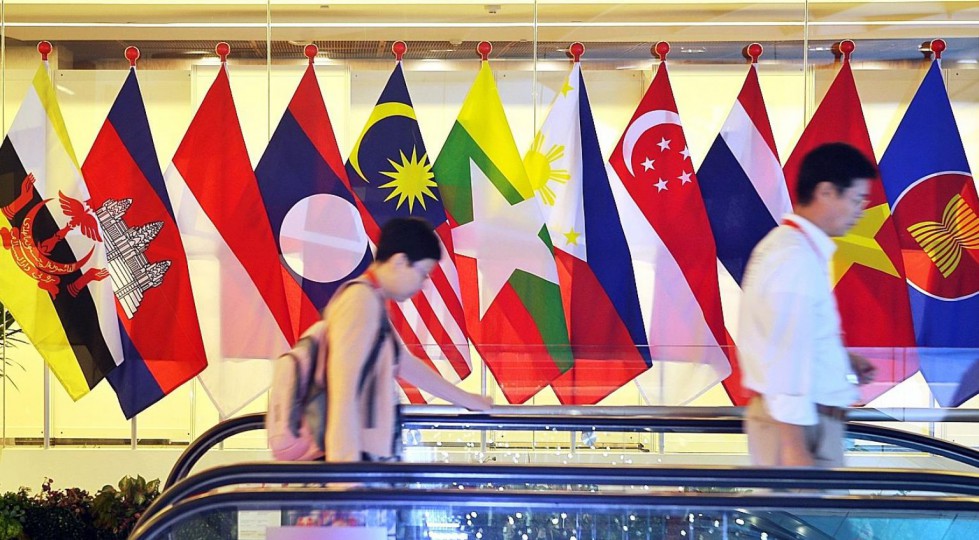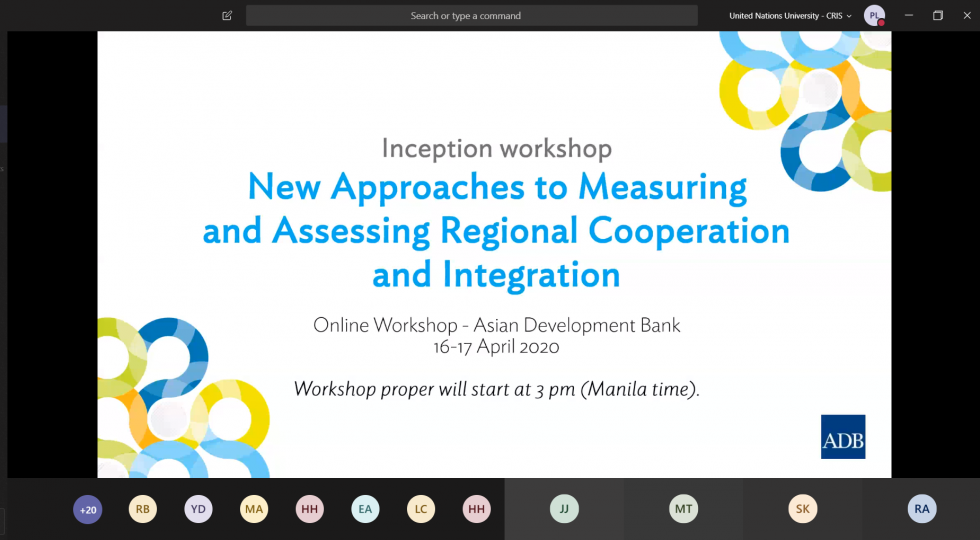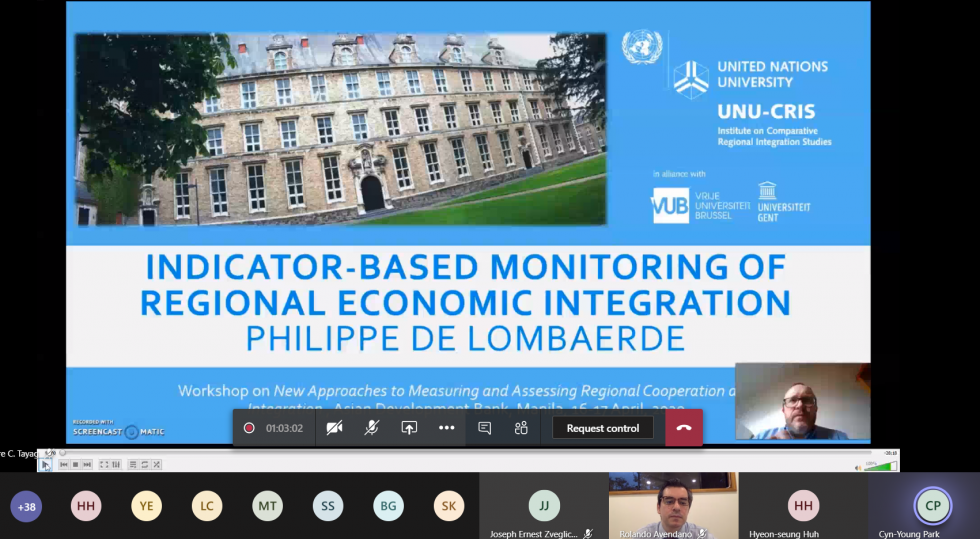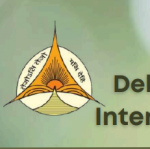Director Philippe De Lombaerde on New Approaches to Measuring and Assessing Regional Cooperation and Integration

Director Dr. Philippe De Lombaerde was invited to participate and present in the Asian Development Bank's New Approaches to Measuring and Assessing Regional Cooperation and Integration workshop, to be held virtually on 16 & 17 April.
Taking part in session one, Methodological Approaches to Measuring Regional Integration moderated by Cyn-Young Park, Director of Regional Cooperation and Integration Division at the ADB, Dr. De Lombaerde's presentation covered indicator-based monitoring of regional economic integration.


Event Information
Introduction
Regional cooperation and integration (henceforth RCI) plays a pivotal role in enhancing economic growth, financial stability and social inclusion. It is also an important pillar for tackling poverty and enhancing institutional stability. National development strategies generally include a regional component and RCI is an important pillar for implementing the 2030 Agenda for Sustainable Development.
In recent decades, Asia and the Pacific has made significant progress towards regional integration, driven by trade and investment and the growing role of global production networks. Institutional arrangements for regional cooperation have followed, even if the region can do more to support RCI policies. To properly monitor and assess progress in regional cooperation and integration, adequate metrics are key. A number of initiatives have emerged to improve the measurement and capture the increasingly complex dimensions of RCI. Most approaches aim to capture relevant dimensions for regional integration, including infrastructure and connectivity, trade and investment flows, regional value chains, movement of people, institutional and social integration, among others.
However, the nature of regional integration is changing. Digital technologies are determining new forms of connectivity, including e-commerce. Regional technology sharing and R&D collaboration are becoming important drivers for innovation. Environmental cooperation is evolving through the inclusion of environmental provisions in trade and investment agreements or environmental goods trade, all within the perspective of biodiversity and natural endowments as regional public goods. As the channels of regional cooperation and integration increase, its impact will need to be further assessed. Better RCI measures can allow researchers to delve into the costs and benefits of RCI policies, providing a more granular assessment.
This workshop will gather academics, policymakers, regional and international organizations to discuss the current approaches to measurement of regional cooperation and integration and its implications for policy assessment. The workshop will also convene with different ADB departments (regional, knowledge sharing, strategy and policy, research) involved in RCI to identify the needs and possible approaches for improving measurement of RCI in the region.
Objectives
This workshop has three main objectives:
- To present progress on the ARCII methodology and database. Improvements to the current ARCII methodology, including the identification of new RCI-related indicators will be presented, to ensure that they are relevant and are aligned with ADB’s strategy and Operational Plan. New approaches to measuring RCI includes areas such as digital connectivity, environmental sustainability, technology transfer and innovation, air transportation, regional health programs and institutional stability.
- To discuss current needs in RCI operations and agree on expected improvements. Regional departments and subregional cooperation programs will be invited to share their perspective on RCI measurement and comment on the possible improvements to the current methodology for their operations. Other regional and international organizations will present the current use RCI indicators for internal reporting.
- To agree on research areas based on RCI indicators that respond to ADB and external needs. Researchers working in relevant, unexplored areas of RCI will be invited to present their work and link with the use of the ARCII index. Proposed areas include the impact of RCI policies on poverty and income inequality, the linkages between RCI policies and competition policy, the new approaches to assess inter sub-regional linkages and regional integration and the linkages between regional integration and SME and taxation policies.




